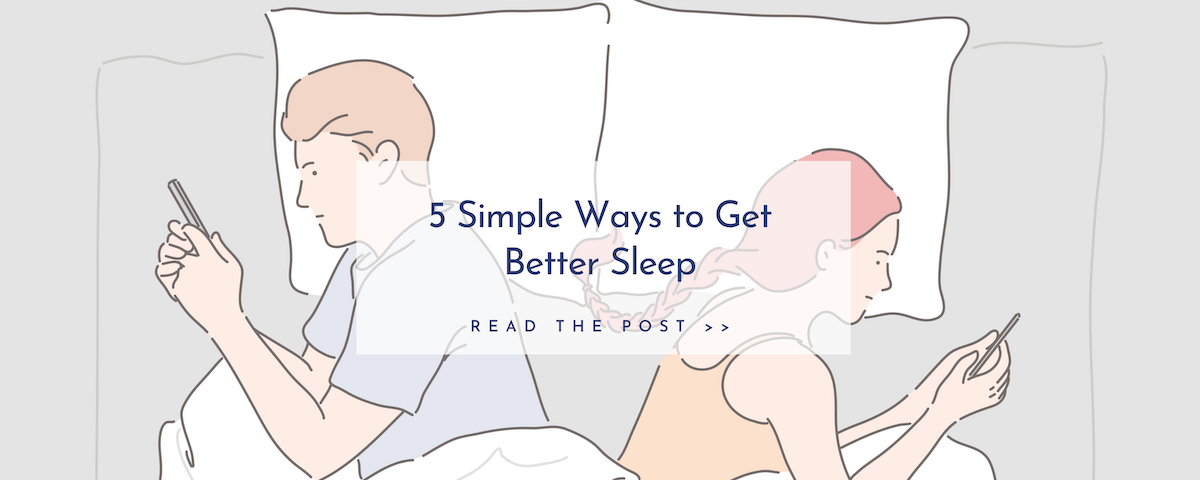So, you’ve set up a workstation in your bedroom. Maybe this was out of necessity or you figured the short commute from bed to desk would allow you to sleep in a few extra minutes(Wink wink).
Whatever the reason for setting up your work-from-home station in your bedroom is, at this point you’ve likely began experiencing a portion of the disadvantages working from your room.
Experts around the world seem to agree that the bedroom is a place for resting, sleeping and taking a break — working from your bedroom should be avoided at all costs!
A lot of us probably understand that working from a bedroom can be counterproductive, but, most importantly, it can negatively affect your sleep as your brain may start associating — what should be a place to switch off and chill — with work! You might be unable to fully relax. Your productivity may suffer due to increased feelings of irritation, disconnection and sadness that make it difficult to concentrate at work.
And while we might absolutely agree with this sentiment, what sounds great in theory isn’t always easy in practice.
Whenever possible, the bedroom should be a place of rest and recharging, not work,” echoes certified wellness coach Jamie Gold. “The blue light from computer, phone and tablet screens interferes with human circadian rhythms, impacting sleep. This is one of the major negative effects of working out of your bedroom. Additionally, the space becomes emotionally associated with work, rather than downtime, potentially reducing its ability to be restorative.
Here is some advice on how to make your bedroom and bed more work-friendly — without compromising on your much-needed downtime.
1. Separate your workspace
Simple changes such as avoiding work in your pyjamas and using a firm cushion as back support instead of your nighttime pillow can help your brain separate productivity from relaxation. Gold agrees that establishing physical separation that keeps your workstation out of view from your sleeping space is key.
2. Ergonomic Workspace

When your bed is also your desk, being comfortable and maintaining good posture is a top priority.
A bed head and some firm padding can make a BIG difference in ensuring your back and neck stay upright. While I love my contour pillow when I sleep, using it during the day is a big no-no, as it’s important that it remains my bedtime pillow.
3. Take frequent breaks
“If you have to work from your bedroom, take as many breaks as possible and go outside or do something in another room,” says Ross. “Being in the same room to work all day, and then trying to sleep at night can drain your energy, and make you feel lethargic.”
4. Good Mattress

There’s no doubt that a good mattress can have a hugely positive impact on your sleep. Quality and comfort are just as crucial for those hours spent upright.
A mattress that is dust-mite free, allows for air circulation and has the right firmness will help you not only during the night but also while you’re hunched over your laptop.
I hope these tips can help you turn your bed into a productive space while doubling as a peaceful environment for a good night’s sleep.



